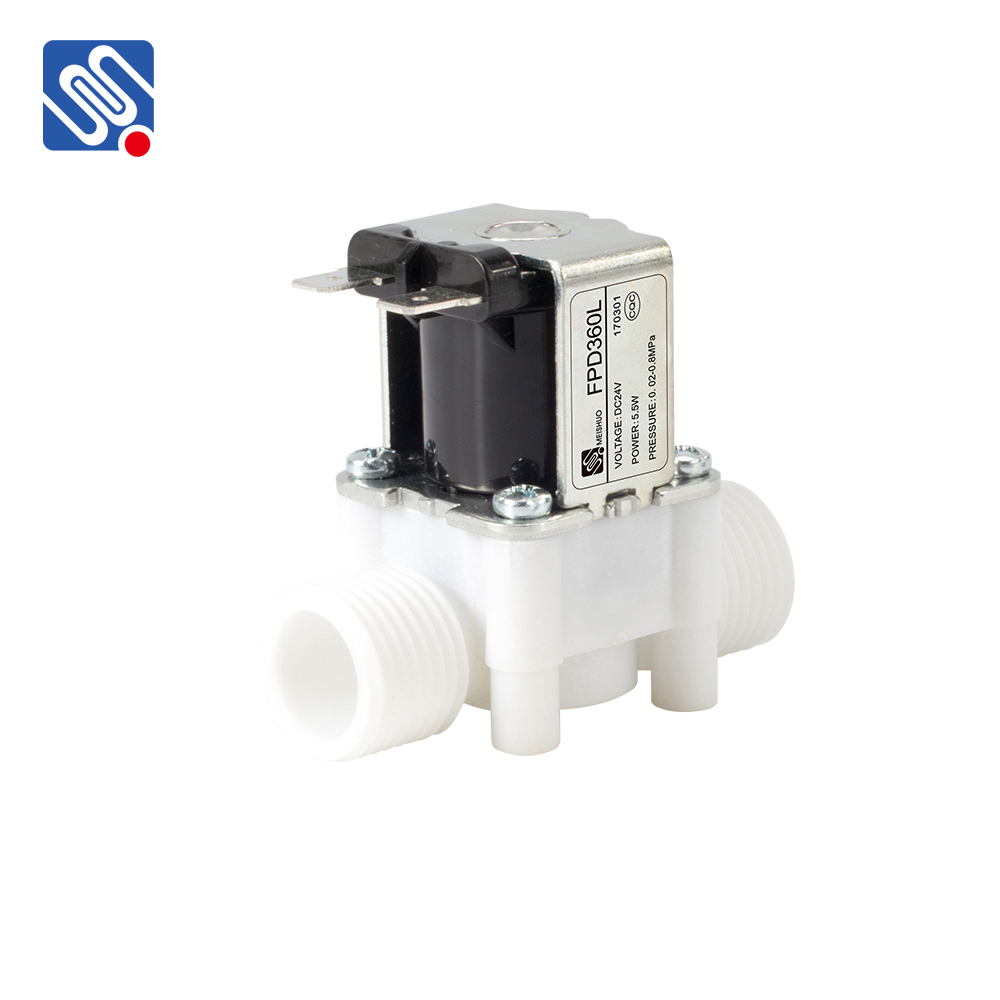understanding the plastic water solenoid valve: function, benefits, and applications
Release time:2025-03-27 06:45:11
A plastic water solenoid valve is an essential component in fluid control systems, providing an efficient and reliable way to regulate the flow of water in various industrial, commercial, and domestic applications. The solenoid valve itself is an electrically operated valve that controls the flow of liquids or gases in a pipeline. This article will explore the purpose, functionality, advantages, and common uses of the plastic water solenoid valve.

What is a Plastic Water Solenoid Valve? A plastic water solenoid valve is a valve designed specifically for controlling the flow of water through pipes or tubes, utilizing a solenoid—a coil of wire that becomes magnetized when an electric current passes through it. When activated, the solenoid opens or closes the valve, allowing water to flow or cutting it off entirely. The use of plastic materials in the construction of these valves makes them lighter, more resistant to corrosion, and cost-effective compared to their metal counterparts. Plastic solenoid valves are typically constructed from materials like PVC (polyvinyl chloride), CPVC (chlorinated polyvinyl chloride), or polypropylene. These materials offer superior resistance to water and various chemicals, making plastic water solenoid valves a great option for many applications.

